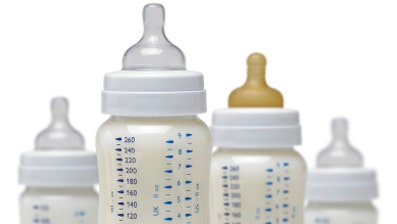Young people seeking wrinkle-smoothing Botox treatment are at risk of restricting emotional growth, a new warning suggests.
Research published in the Journal of Aesthetic Nursing found a growing trend in people under age 25 seeking Botox injections, the BBC reported. The UK-based researchers say the injections may prevent young people from learning how to express emotions fully.
“As a human being, our ability to demonstrate a wide range of emotions is very dependent on facial expressions,” Helen Collier, a nurse practitioner who led the research team told the BBC.
Collier pointed to a well-known psychological theory — the facial feedback hypothesis – that suggests adolescents learn how best to relate to people by mimicking facial expressions, adding that reality TV shows and celebrity culture are causing young people to idealize “inexpressive frozen face.”
“Emotions such as empathy and sympathy help us to survive and grow into confident and communicative adults,” she said.
Botox and other treatments similar to it work by temporarily paralyzing muscles in the upper face to reduce wrinkles.
“Treatment with drugs like Botox prevents the patient from being able to make a particular expression and can therefore have an effect on our learning to feel emotions naturally,” Dr. Michael Lewis, a psychology researcher said.
The research team suggests assessment tools be used to determine whether there are clinical reasons for Botox treatment, according to the BBC. The assessments include measuring thickness of skin, sun damage and depth of wrinkles.
“Though most of the effects of the toxin are temporary, research suggests the muscles don’t fully recover from injects,” Collier said, adding that better attention must be paid to the consequences of starting treatment early.






Leave a Reply